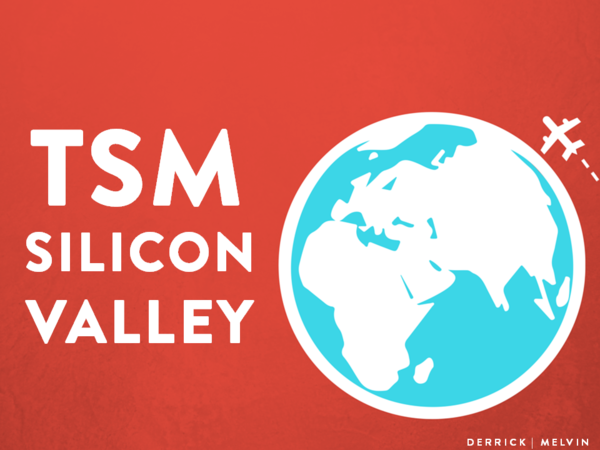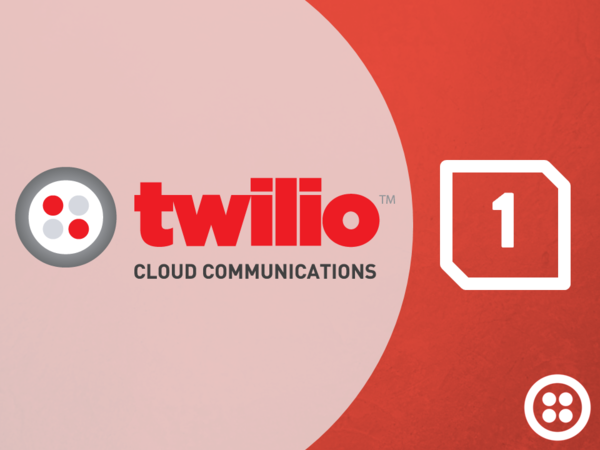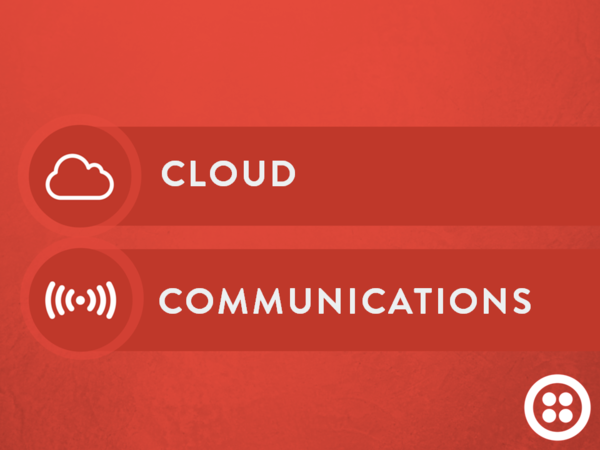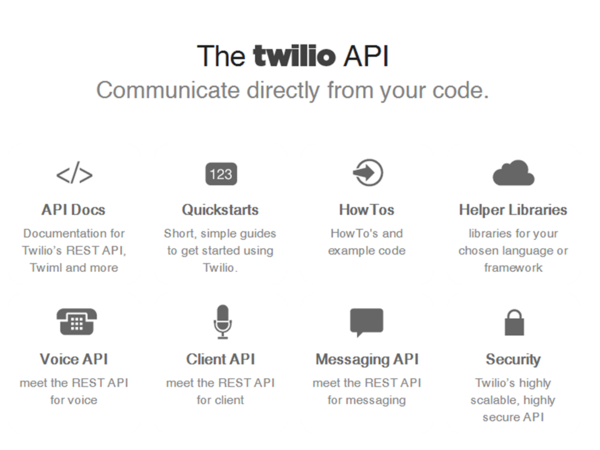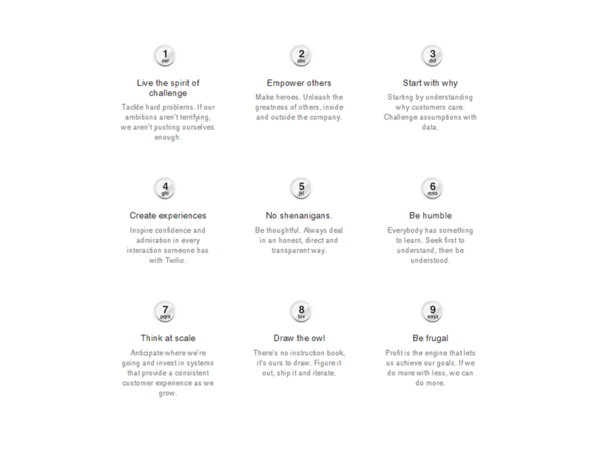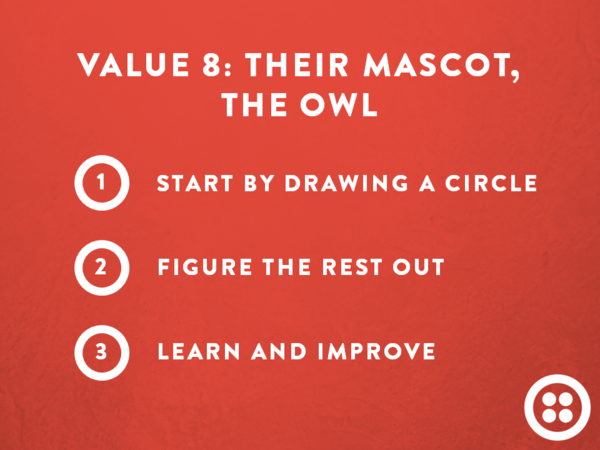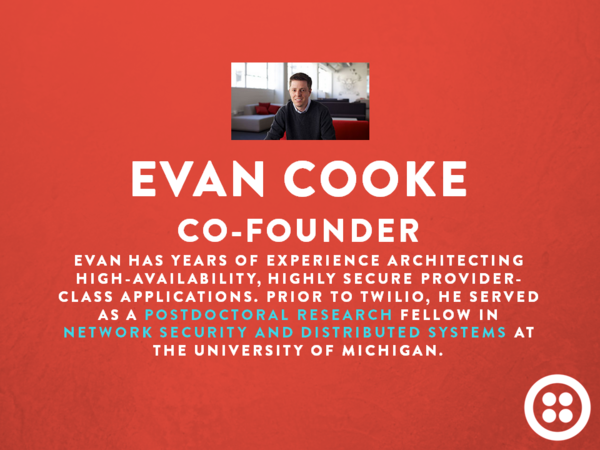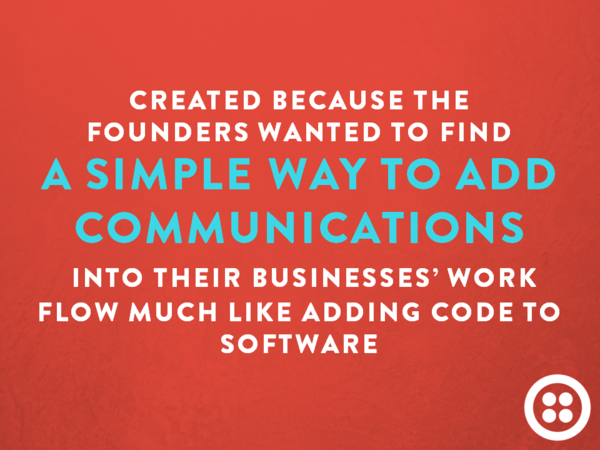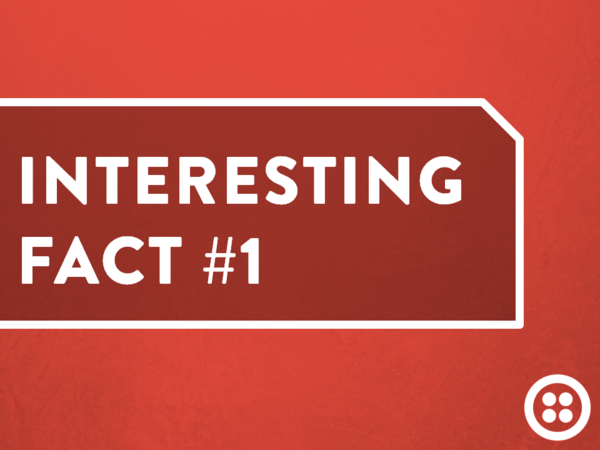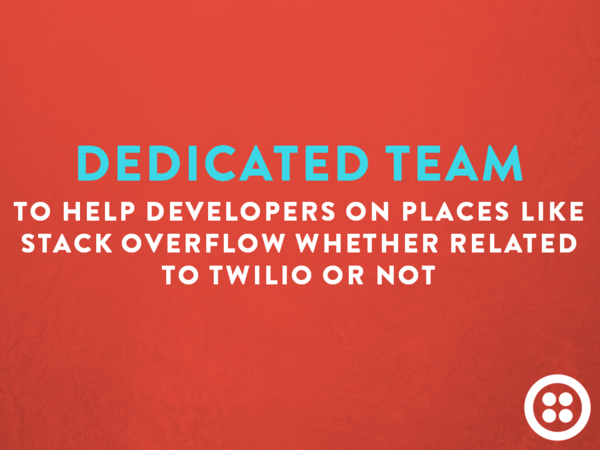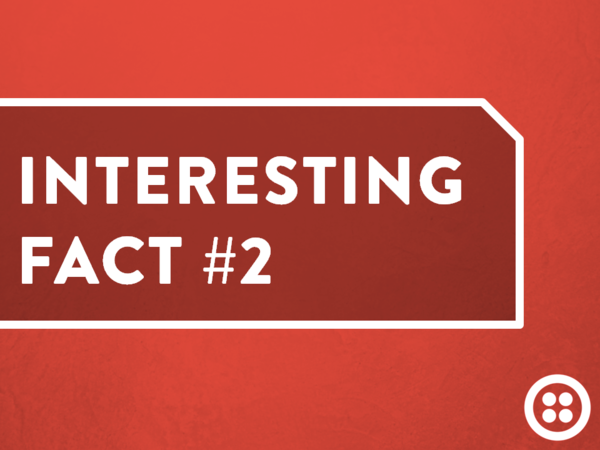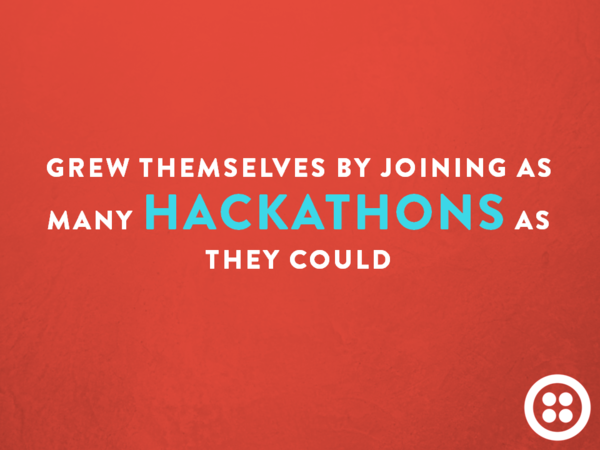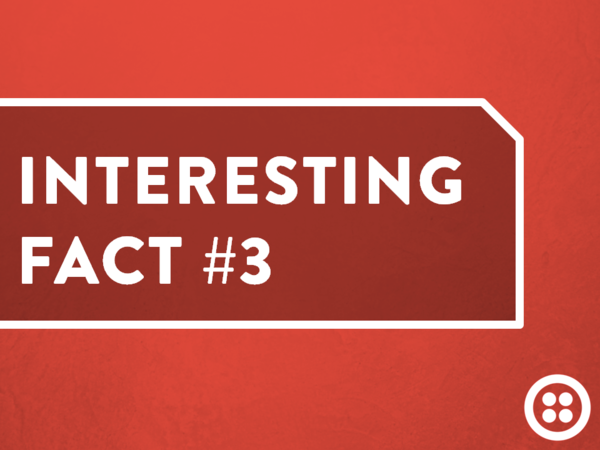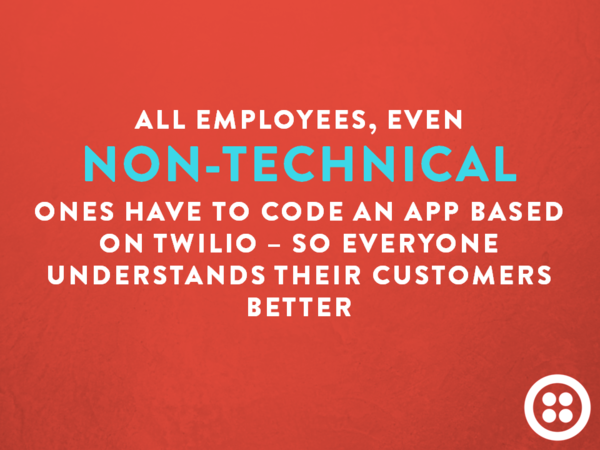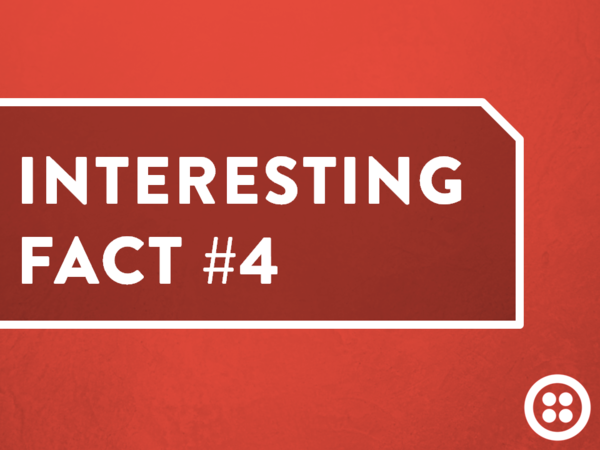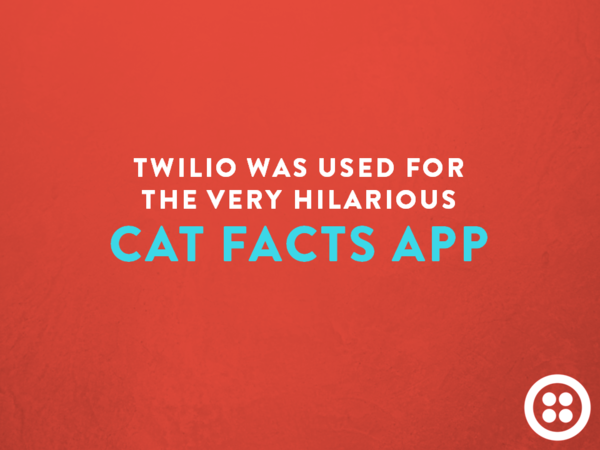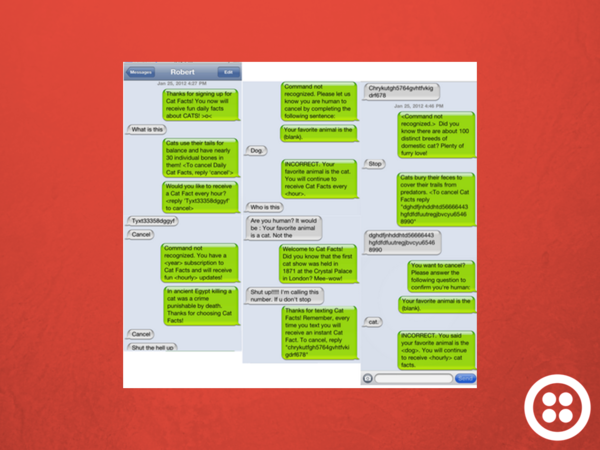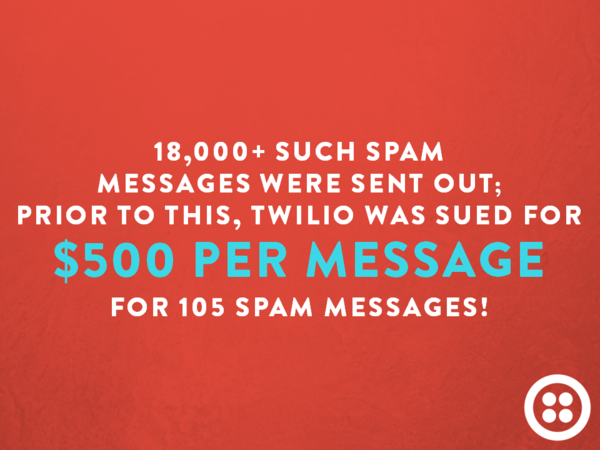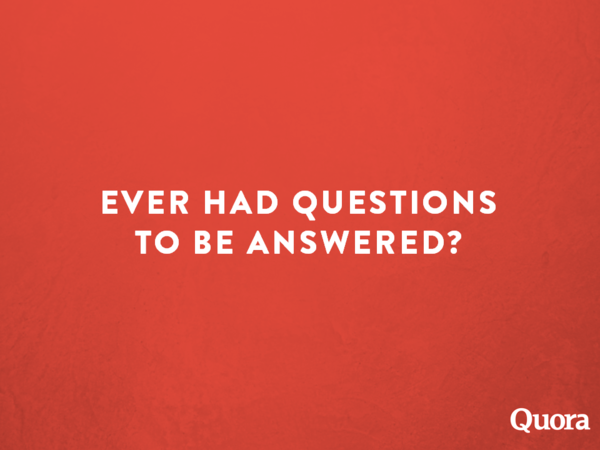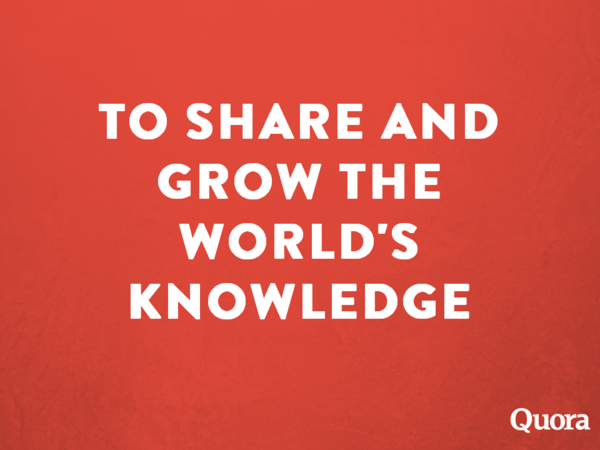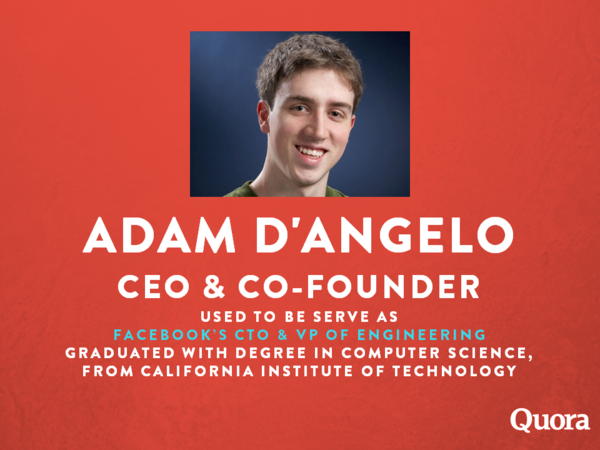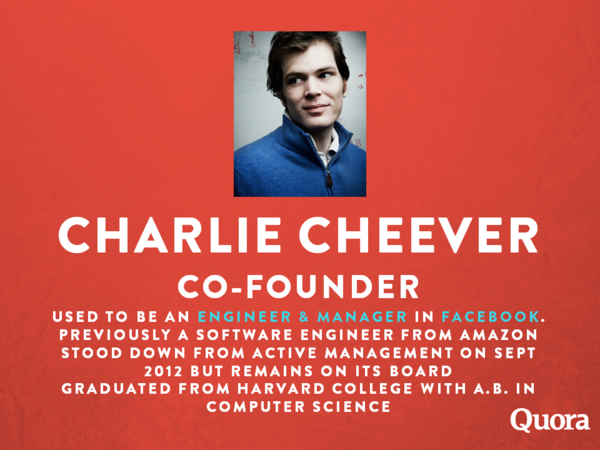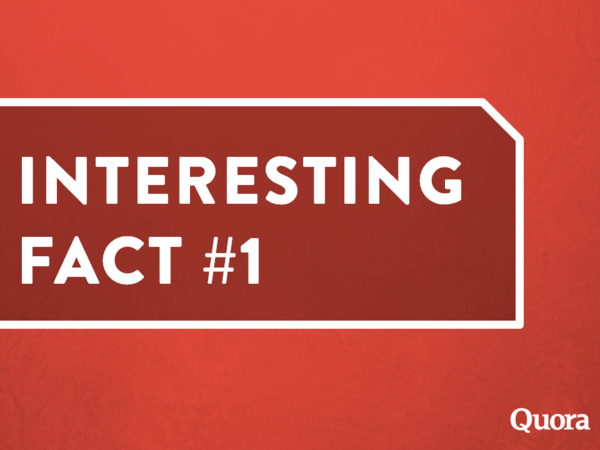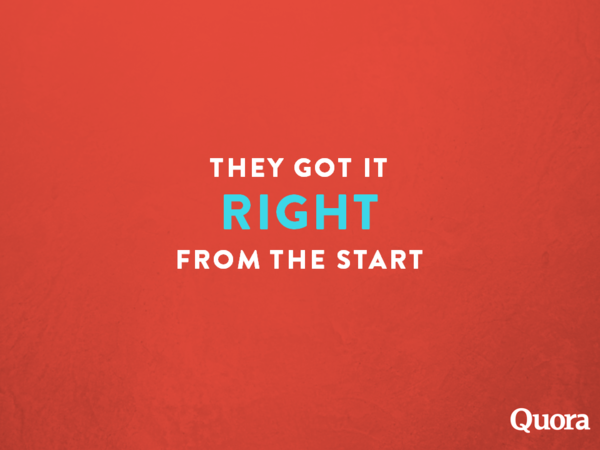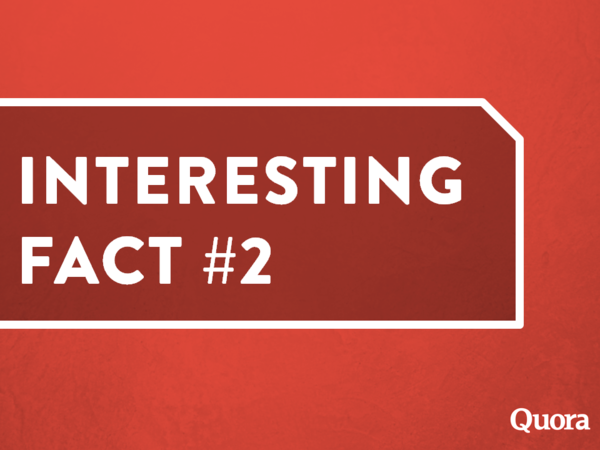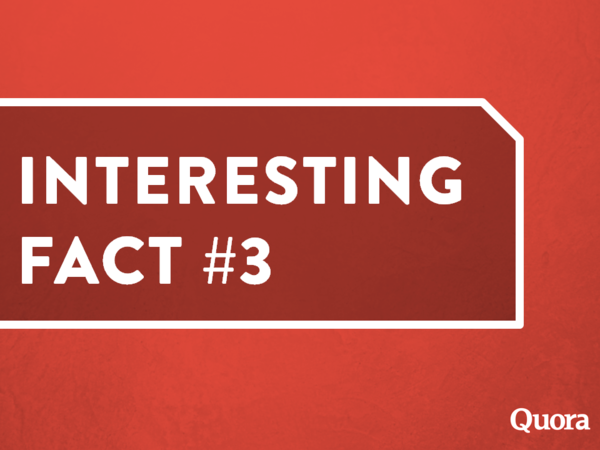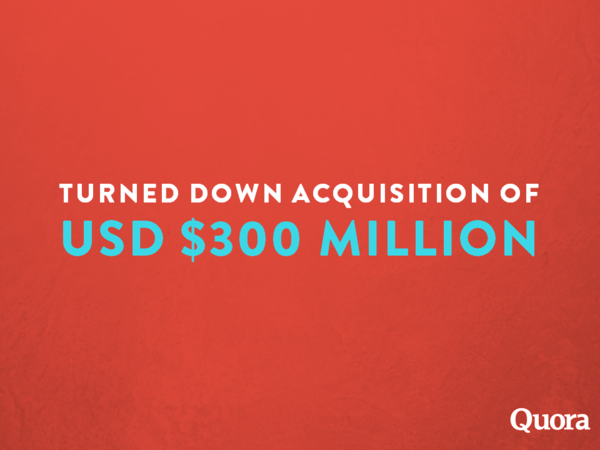Difference between revisions of "1415T1g1 Silicon Vallley/Participant Information/Teams/Team4"
| Line 111: | Line 111: | ||
File:Slide31quora.PNG|Our first company is Quora! | File:Slide31quora.PNG|Our first company is Quora! | ||
File:Slide32quora.PNG|You might have used Quora before... | File:Slide32quora.PNG|You might have used Quora before... | ||
| − | File:Slide33quora.PNG| | + | File:Slide33quora.PNG|Why isn't there a place on the Internet where a question can be answered by someone who actually knows the answer? |
| − | File:Slide34quora.PNG|Quora answers your | + | File:Slide34quora.PNG|Quora is a question-and-answer website where questions are created, answered, edited and organized by its community of users |
| + | Quora is a continually improving collection of questions and answers created, edited, and organized by everyone who uses it. The most important thing is to have each question page become the best possible resource for someone who wants to know about the question. | ||
| + | One way you can think of it is as a cache for the research that people do looking things up on the web and asking other people. Eventually, when you see a link to a question page on Quora, your feeling should be: "Oh, great! That's going to have all the information I want about that." It's also a place where new stuff—that no one has written about yet—can get pulled onto the web. | ||
| + | |||
File:Slide35quora.PNG| | File:Slide35quora.PNG| | ||
| − | File:Slide36quora.PNG| | + | File:Slide36quora.PNG|The vast majority of human knowledge is still not on the internet. Most of it is trapped in the form of experience in people's heads, or buried in books and papers that only experts can access. As a consequence most people don't have the knowledge they should, and don't have the time, connections, or skills to get to the knowledge they would have in an ideal world. The internet was supposed to allow anyone to set up a web page and share their knowledge with the world. But in practice it's too difficult and takes too long and almost no one does it. Blogs are easy to start, but unless the author is famous, it takes years to build a following. More than a billion people use the internet yet only a tiny fraction contribute their knowledge to it. Quora aims to allow anyone to easily share their knowledge and in the process to dramatically increase the total amount of knowledge available to the world. As we grow, we will be able to provide larger and larger audiences to writers, cover more and more topics, and have greater and greater impact on the world. We hope to become an internet-scale Library of Alexandria, a place where hundreds of millions of people go to learn about anything and share everything they know. To do that we are going to have to expand. Today Quora is largely questions and answers, but that is not the ideal format for all knowledge. Other formats will gradually be added as we scale up. |
| + | |||
File:Slide37quora.PNG|Quora has two co-founders, and both of them came from our favourite online social networking service - yep, you guessed it right - Facebook. | File:Slide37quora.PNG|Quora has two co-founders, and both of them came from our favourite online social networking service - yep, you guessed it right - Facebook. | ||
File:Slide38quora.PNG|Founder #1! | File:Slide38quora.PNG|Founder #1! | ||
| Line 121: | Line 125: | ||
File:Slide41quora.PNG|And I mean REALLY FAST. | File:Slide41quora.PNG|And I mean REALLY FAST. | ||
File:Slide42quora.PNG| | File:Slide42quora.PNG| | ||
| − | File:Slide43quora.PNG|It | + | File:Slide43quora.PNG|In June 2010, Quora officially launched and it became wildly popular among the tech crowd. From the beginning, the answers consistently (and surprisingly) contained quality information. For example, a Quora user asked "What does Dustin Moskovitz think of The Social Network?" The answer came from Facebook co-founder Dustin Moskovitz, who said the movie was an "interesting" portrayal of what really happened. It was that kind of star power that soon attracted the mainstream. But Quora stands out with its contributors – the people answering questions on the site. They are the brightest in tech – including Mark Zuckerberg, the CEO and founder of Facebook, Marc Andreessen, the most powerful VC in Silicon Valley, and Fred Wilson, the most powerful VC in New York. "Normal" users seem to be comprised of an army of execs from hot startups and tech giants. These biggies aren't just on the site, either. They are power users. |
| + | |||
File:Slide44quora.PNG| | File:Slide44quora.PNG| | ||
| − | File:Slide45quora.PNG| | + | File:Slide45quora.PNG|In September 2012, co-founder Charlie Cheever announced that he was stepping back from a day-to-day role at the company, while continuing to retain an advisory role. An article in Business Insider quoted an anonymous Quora answer, claimed to be written by an insider, that stated that Cheever left the company because he wanted to focus on the user experience, whereas D'Angelo wanted to focus on growth, and D'Angelo, by financing the Series B investment mostly from his own money, acquired sufficient control over the company to have things his way. Series B: In May 2012, Quora raised $50 million in Series B funds, valuing the company at over $400 million, bringing their total funding to $61 million. Co-founder D'Angelo, who owns 0.8% of Facebook stock, also invested $20 million of his own money in the B round. |
| + | |||
File:Slide46quora.PNG| | File:Slide46quora.PNG| | ||
| − | File:Slide47quora.PNG| | + | File:Slide47quora.PNG|Silicon Valley heavyweights from Marc Andreessen to Marc Benioff to Mark Pincus hang out answering and asking questions on the site. A very successful design, not only visually, but also for interaction in terms of how they have built in mechanics for ensuring high quality content.For a Q&A site, it didn’t turn into a Yahoo Answers with spam answers. There’s a lot of really rich high quality content there. The challenge Quora faces in the long term is keeping the quality of its content high as it expands beyond the borders of Silicon Valley and into the rest of the world – where people care more about Justin Bieber than Justin Schafer. Answers.com is very popular with about 100 million global uniques, but it only sold for $127 million this month because its ad inventory is so cheap, thanks to its low-quality content. One prominent investor we spoke to said this is why he's shocked to hear about Quora turning down $300 million valuations. |
| + | |||
</gallery> | </gallery> | ||
</div> | </div> | ||
Latest revision as of 13:20, 3 December 2014
Company contacted by Prof. Ben via Mr. Aaron Tan from Singtel's Innov8. Company visit coordinated by Brandon.
| Date | Action |
|---|---|
| 9th October 2014 | Twilio visit confirmed by Prof. Ben and Brandon on 8th December, 4.30pm - 6.00pm. |
The vast majority of human knowledge is still not on the internet. Most of it is trapped in the form of experience in people's heads, or buried in books and papers that only experts can access. As a consequence most people don't have the knowledge they should, and don't have the time, connections, or skills to get to the knowledge they would have in an ideal world. The internet was supposed to allow anyone to set up a web page and share their knowledge with the world. But in practice it's too difficult and takes too long and almost no one does it. Blogs are easy to start, but unless the author is famous, it takes years to build a following. More than a billion people use the internet yet only a tiny fraction contribute their knowledge to it. Quora aims to allow anyone to easily share their knowledge and in the process to dramatically increase the total amount of knowledge available to the world. As we grow, we will be able to provide larger and larger audiences to writers, cover more and more topics, and have greater and greater impact on the world. We hope to become an internet-scale Library of Alexandria, a place where hundreds of millions of people go to learn about anything and share everything they know. To do that we are going to have to expand. Today Quora is largely questions and answers, but that is not the ideal format for all knowledge. Other formats will gradually be added as we scale up.
In June 2010, Quora officially launched and it became wildly popular among the tech crowd. From the beginning, the answers consistently (and surprisingly) contained quality information. For example, a Quora user asked "What does Dustin Moskovitz think of The Social Network?" The answer came from Facebook co-founder Dustin Moskovitz, who said the movie was an "interesting" portrayal of what really happened. It was that kind of star power that soon attracted the mainstream. But Quora stands out with its contributors – the people answering questions on the site. They are the brightest in tech – including Mark Zuckerberg, the CEO and founder of Facebook, Marc Andreessen, the most powerful VC in Silicon Valley, and Fred Wilson, the most powerful VC in New York. "Normal" users seem to be comprised of an army of execs from hot startups and tech giants. These biggies aren't just on the site, either. They are power users.
In September 2012, co-founder Charlie Cheever announced that he was stepping back from a day-to-day role at the company, while continuing to retain an advisory role. An article in Business Insider quoted an anonymous Quora answer, claimed to be written by an insider, that stated that Cheever left the company because he wanted to focus on the user experience, whereas D'Angelo wanted to focus on growth, and D'Angelo, by financing the Series B investment mostly from his own money, acquired sufficient control over the company to have things his way. Series B: In May 2012, Quora raised $50 million in Series B funds, valuing the company at over $400 million, bringing their total funding to $61 million. Co-founder D'Angelo, who owns 0.8% of Facebook stock, also invested $20 million of his own money in the B round.
Silicon Valley heavyweights from Marc Andreessen to Marc Benioff to Mark Pincus hang out answering and asking questions on the site. A very successful design, not only visually, but also for interaction in terms of how they have built in mechanics for ensuring high quality content.For a Q&A site, it didn’t turn into a Yahoo Answers with spam answers. There’s a lot of really rich high quality content there. The challenge Quora faces in the long term is keeping the quality of its content high as it expands beyond the borders of Silicon Valley and into the rest of the world – where people care more about Justin Bieber than Justin Schafer. Answers.com is very popular with about 100 million global uniques, but it only sold for $127 million this month because its ad inventory is so cheap, thanks to its low-quality content. One prominent investor we spoke to said this is why he's shocked to hear about Quora turning down $300 million valuations.
How we contacted the company
| Date | Action |
|---|---|
| 17th October 2014 | Most likely not visiting Quora, but they might have someone down for dinner on 12th December. |



